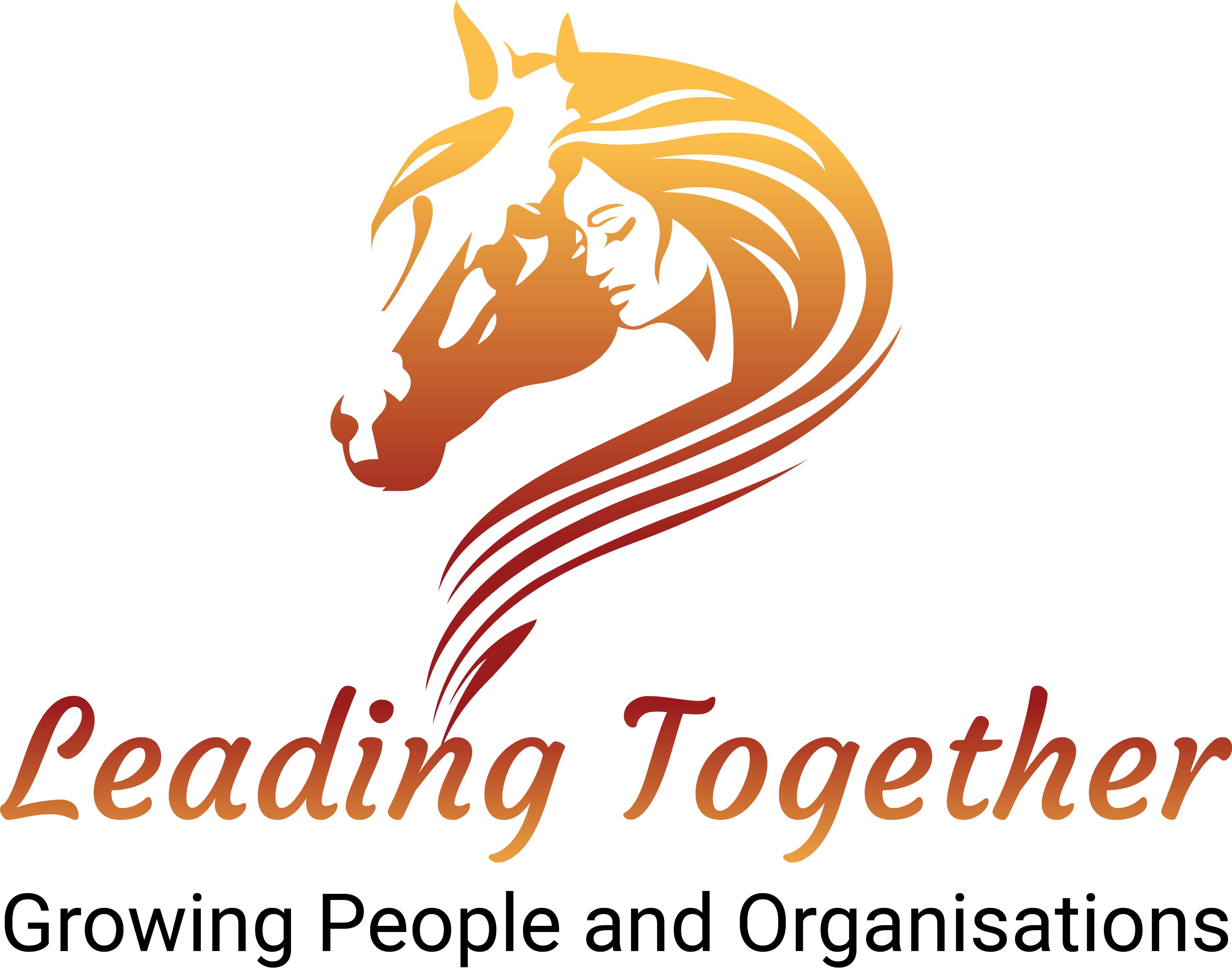Experiential Learning Is the Key to Learning
Over 100 years ago, a guy called Hermann Ebbinghaus formulated the learning curve. The learning curve is the is how long your retain information or the relationship between memory and time. Simply put if you retain all the information on day one. Your memory is at 100 percent on day one, then you have a 50-80 percent loss on day two which continues until you have only 2-3 percent of that memory left at the end of thirty days.
What is Experiential Learning
Kolb’s Experiential Learning Theory presents a cycle of four elements
- Concrete Experience
- Reflective Observation
- Abstract Conceptualization
- Active Experimentation
How can it help?
According to Mr Rajiv Jayaraman, Founder and CEO, KNOLSKAPE, there are eight reasons why experiential learning is the future of learning.
1. Accelerates Learning
Repetitive Learning or learning by rote has long been replaced by ‘Learning by Doing.’ Experiential Learning uses critical thinking, or problem solving and decision making. By learning this way it has been established it accelerates learning.
Accelerated learning our lessons in shorter sessions more suited to how we now learn.
2. Provides a Safe Learning Environment
Simulations are important. Simulations provide challenges, allow mistakes to happen during the course of learning. Creating a safe environment.
Make mistakes in a simulated environment and learn in an arena rather than in the workplace.
3. Bridges the Gap Between Theory and Practice
By moving beyond theory into “learning by doing,’. Our learning allows a first hand experience of how you react under pressure to put into practicing what has been taught. This piece in crucial in being able to retain concepts and ideas.
4. Produces Demonstrable Mindset Changes
There are very few learning methods that can have a dramatic impact on the participant’s mindset. Ours does, emotional intelligence workshops, is one of them. Management guru Henry Mintzberg pointed out long ago that, “Leadership, like swimming, cannot be learned by reading about it”.
5. Increases Engagement Levels
In the scenario of a Team Leadership Workshop there is a focus on collaboration and learning from each other and this learning environment it increases engagement. Given that in the arena, each person is immediately involved in the problem solving , the level of ownership of the outcome is high.
6. Delivers Exceptional Return on Investment (RoI)
Experiential learning is personal and effective in nature, influencing both feelings and emotions as well as enhancing knowledge and skills. It goes beyond classroom learning and ensures that there is high level of retention, thereby delivering exceptional RoI over a traditional learning program.
7. Provides Assessments
Assessing the effectiveness of the experience is a crucial element of any learning program. Most assessments are data driven and traditional tools use tests to measure effectiveness. When it comes to experiential learning programs, it is extremely difficult to gather data, which can be used for assessments. But others have said this it is still the best leadership training ever.
8. Enables Personalised Learning
Experiential learning is highly effective in meeting these requirements to enable personalised learning. Everyone gets to learn at their own pace.
Our leadership workshops are backed by research and experiential learning in practice, where personal reflections are put into practice. Get out of the classroom and into the arena for leadership learning.












0 Comments